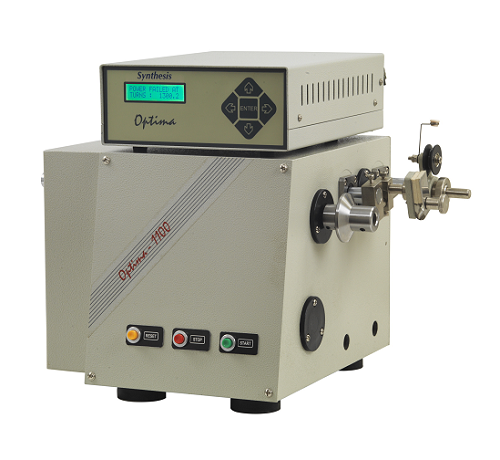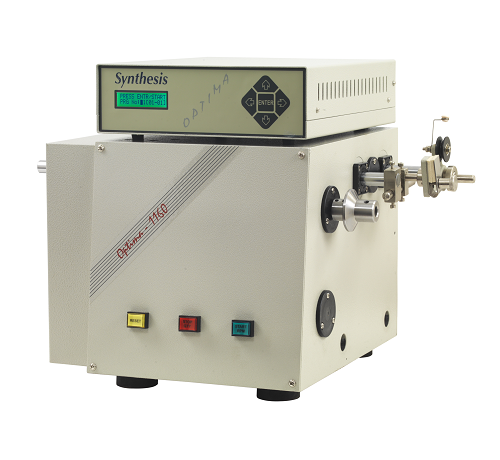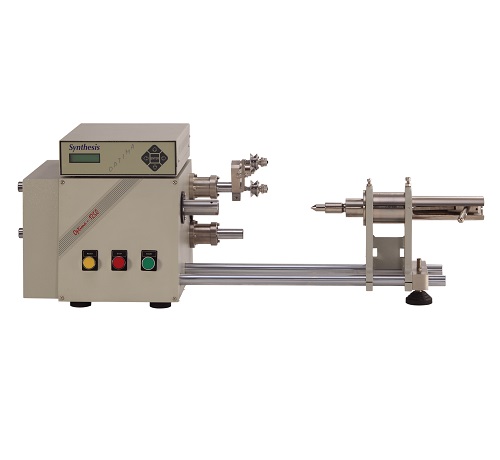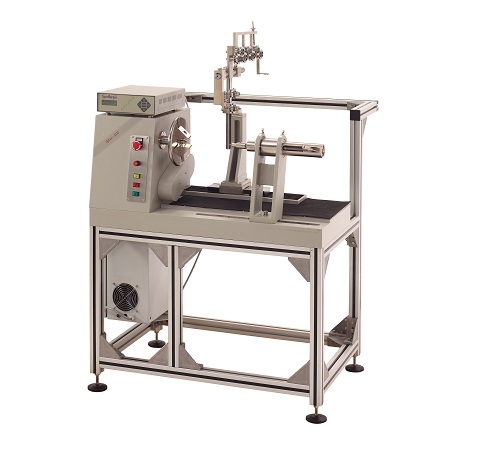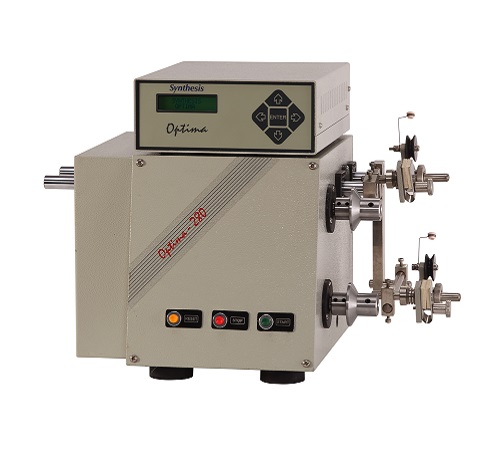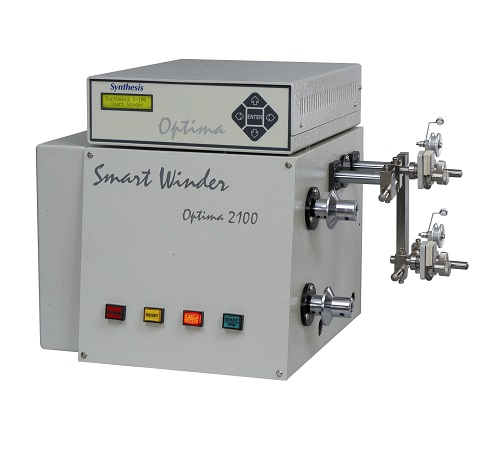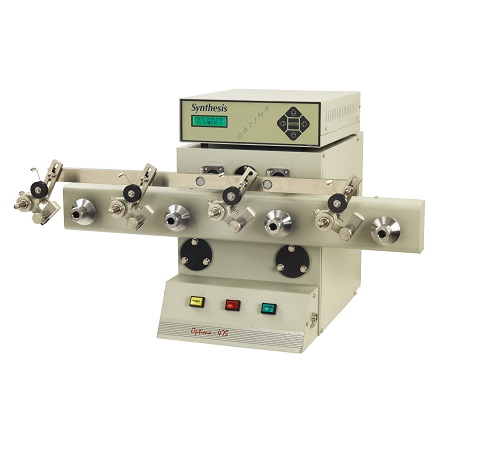Smart Winder
A smart winder is an advanced and technologically sophisticated machine designed to automate the process of winding various materials, such as wires, threads, yarns, and fibers, onto spools, coils, bobbins, or other carriers. What sets the smart winder apart is its integration of intelligent features and connectivity, enabling enhanced control, monitoring, and customization of the winding process. This innovative machine revolutionizes the way winding is done in industries that require precision, efficiency, and data-driven insights.
Features of Smart Winders:
Automated Winding : Smart winders automate the process of winding materials onto carriers, ensuring uniform and precise winding.
Variable Speed and Tension Control : These machines offer adjustable speed and tension controls to accommodate different materials, gauges, and winding requirements.
Wireless Connectivity : Smart winders are equipped with wireless connectivity options, allowing remote monitoring, control, and data analysis.
Data Logging and Analytics : These machines collect and analyze data related to winding parameters, offering insights into production efficiency and quality.
Smart Sensors : Advanced sensors monitor tension, spool level, and other variables, making real-time adjustments to ensure optimal winding.
Programmable Parameters : Many smart winders allow users to program winding parameters, including material characteristics, winding patterns, and counts.
Customizable Carrier Compatibility : These machines can handle various carrier sizes and types, providing versatility in winding different materials.
Benefits of Smart Winders:
Data-Driven Precision : Smart winders use real-time data to optimize winding, resulting in accurate and consistent winding quality.
Remote Monitoring : Wireless connectivity allows operators to monitor and control the winding process remotely, enhancing operational efficiency.
Predictive Maintenance : The data collected by smart winders enables predictive maintenance, minimizing downtime and extending machine life.
Enhanced Quality Control : Smart winders offer advanced sensors and data analysis, reducing the risk of errors and inconsistencies.
Applications of Smart Winders :
Textile and Apparel Industry : Smart winders are used for winding threads, yarns, and fibers onto spools for textile and apparel production.
Electronics Manufacturing : Industries producing coils, transformers, and wire harnesses benefit from smart winders’ precision and data-driven capabilities.
Renewable Energy Sector : Smart winders play a role in manufacturing components for renewable energy systems, such as solar panels and wind turbines.
Research and Development : Smart winders are used in R&D labs for testing and prototyping various winding techniques and materials.
Magnetic Field Assistance:
Magnetic coilers utilize magnetic fields to guide and facilitate the winding of wire around the core, ensuring uniform and controlled winding.
Variable Speed Control:
These machines offer variable speed controls to adapt to different wire types, gauges, and winding requirements.
Tension Control:
Advanced tension control mechanisms maintain optimal wire tension during the winding process, preventing wire slack or breakage.
Wire Guide Systems:
Magnetic coilers are equipped with precise wire guide systems that help position the wire accurately on the core, minimizing the risk of overlapping or misplacement.
Programmable Parameters:
Many machines allow users to program winding parameters, including wire diameter, turns count, layering, and more.
Customizable Core Compatibility:
These magnetic coilers accommodate various core shapes and sizes, offering versatility in component manufacturing.
Automated Counting and Sensors:
Magnetic coilers feature counters and sensors that track the number of windings, ensuring accuracy in production.
Benefits of Magnetic Coilers:
Precision and Consistency: Magnetic coilers ensure consistent and precise winding, leading to the creation of high-quality electromagnetic components.
Time Efficiency:
Automation speeds up the winding process, enhancing overall production efficiency and reducing manufacturing time.
Optimized Resource Utilization:
Accurate winding reduces material waste, contributing to efficient resource management.
Enhanced Quality Control:
These machines minimize the risk of human errors, resulting in higher product quality and reduced defect rates.
Applications of Magnetic Coilers:
Electromagnetic Components: Magnetic coilers are used in manufacturing coils, inductors, solenoids, and other electromagnetic components for various industries.
Telecommunications:
Coils used in communication devices, antennas, and signal processing equipment benefit from the precision of magnetic coilers.
Power Generation:
Magnetic coilers are utilized in the production of inductors and coils for generators and alternators.
Automotive Industry:
Components such as ignition coils and sensors in automobiles rely on the accurate winding provided by magnetic coilers.
Conclusion:
In conclusion, the smart winder represents a significant advancement in winding technology, combining automation, connectivity, and data-driven insights. These machines redefine the efficiency and quality of winding processes across diverse industries. Smart winders contribute to enhanced precision, remote control, and predictive maintenance, ensuring optimal results and operational excellence in various applications.


